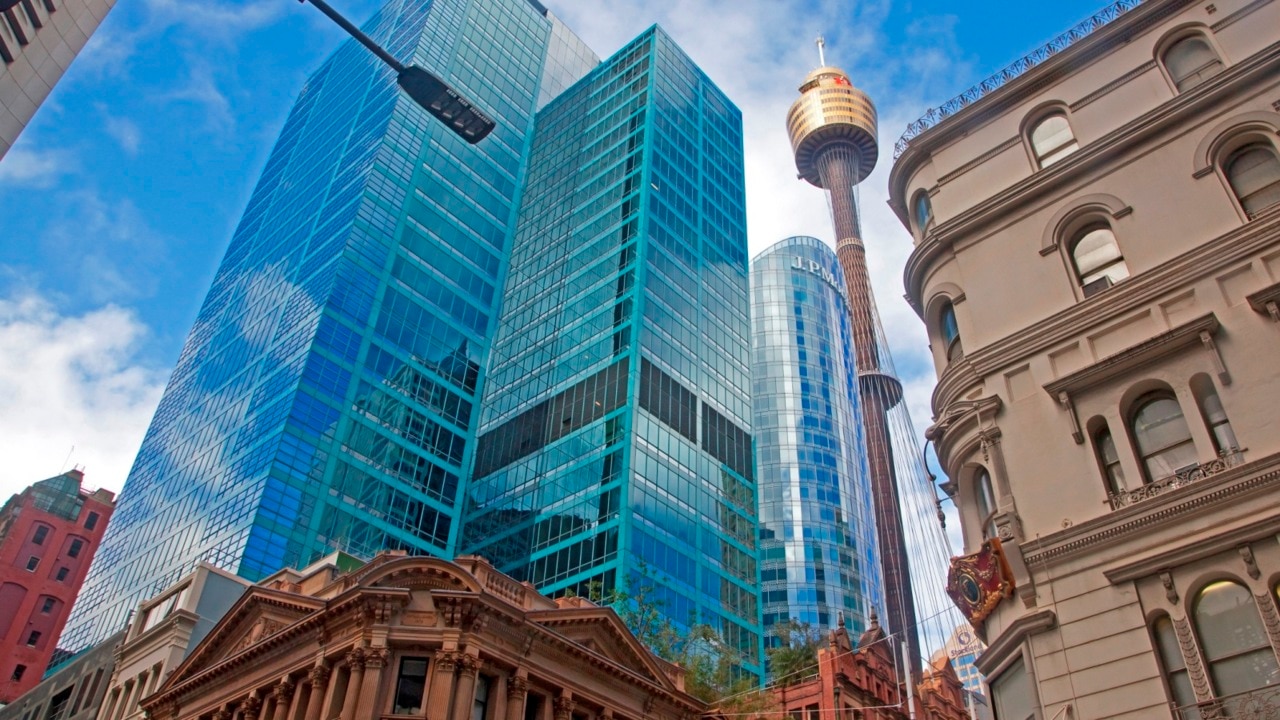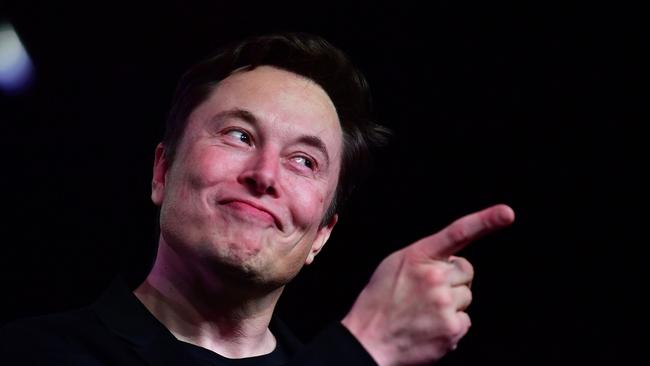Atlassian founders Mike Cannon-Brookes and Scott Farquhar must put profit before ‘distractions’: Robert Gottliebsen


All three this year suddenly began using some of their fortunes, plus their charisma, to support high-profile adventures that satisfy their passions rather than augment the businesses they founded, electric car group Tesla and software giant Atlassian.
While neither Tesla nor Atlassian have financial exposure to the adventures, there is a clear risk that the attention and skills of their chief executives will be diverted.
Both Telsa and Atlassian became US market darlings and were awarded huge market capitalisations, which this year have been greatly reduced.
When Musk last month acquired full ownership of social media giant Twitter for $US44bn ($65bn), he tweeted in celebration: “The bird is freed.”
Musk was driven by a passion that restrictions on Twitter content should be slashed.
Only a few weeks have passed since the bird was freed and already the soothsayers on Wall Street are speculating that Twitter under Musk will collapse before the ides of March.
Whether that prediction is right or wrong, it is sending shivers around the global entrepreneurial community, particularly among the syndicate of banks, led by Morgan Stanley and Bank of America, that provided Musk with billions in debt financing.
While Tesla is not involved in the Twitter deal, Musk is selling some of his shares in the electric car group to fund Twitter and his attention will inevitably be concentrated on overcoming the Twitter mess.
For Australia, the two founders and joint CEOs of Atlassian, Cannon-Brookes and Farquhar, are brilliant technology entrepreneurs.

While Musk is freeing the bird, Cannon-Brookes and Farquhar are investing to reduce carbon emissions.
Musk embarked on his Twitter adventure on the back of a profitable Tesla.
But Cannon-Brookes and Farquhar have embarked on their adventures while the company they founded remains in a deep trading loss – it has lost about $US1.2bn in the last two years. Accordingly, Atlassian needs the full attention of both its chief executives.
Musk predicted a boom in electric car sales well ahead of the established carmakers, and Tesla became a world leader in battery technology.
While Musk was engineering the Twitter takeover in the three months to September 30, Tesla made $US3.3bn, up from $US1.6bn in the third quarter a year earlier.
So behind Musk’s Twitter adventure is a very profitable company, which may in coming years face competition from existing car makers, who are accelerating e-car plans.
Despite its profitability, Tesla shares have tanked in the past year and, although that in part reflects market disenchantment with hi-tech stocks, it also reflects nervousness that the genius of Musk will be diverted into Twitter to prove the soothsayers wrong.
Like Musk, Cannon-Brookes and Farquhar brilliantly anticipated the hi-tech needs of large customers, and combined with their ability to attract and retain skills in Atlassian, they have created a remarkable success story.
But while Atlassian’s gross profit margin is high, it invests large amounts of money in research and development, plus marketing.
The founders would argue this is a necessary part of their investment in the future, but in the September 30 quarter last year, Atlassian actually recorded a deficit in shareholders’ funds and borrowed money.
Its long-term loans now total around $1bn and while equity has been restored, no technology company that is in deep loss can afford the drivers behind its success to be distracted.
Arguably, Cannon-Brookes’ AGL adventure and Farquhar’s Genex thrust are more hazardous for Atlassian than Musk’s Twitter acquisition is for Tesla.
This week, we will learn whether the Cannon-Brookes partnership was successful in appointing four directors to the AGL board.
Without his support, the thrust would have been unlikely to succeed.
The same applies to Farquhar’s support for the Genex bid.
Management are an essential part of the Atlassian operation, and many of those superb staff were rewarded with equity.
A year ago, Atlassian shares were trading above $US450, but have fallen almost 70 per cent.
While it’s true that all tech stocks have been hammered, the Atlassian fall is severe and there is little doubt that the high losses and the decarbonisation adventures of its two CEOs played a role.
Staff with equity stakes that are in the red normally need the inspiration of their founders and CEOs to maintain morale.
While reducing carbon will be popular among many in the Atlassian skills base, they will also want the share price to rise.
The Australian business landscape is studded with entrepreneurs who became overextended.
I am not forecasting doom and disaster for Atlassian, but the board of the company needs to take a great deal of interest in the distractions of its two chief executives, because the company needs to get into the black.





Elon Musk, Mike Cannon-Brookes and Scott Farquhar are billionaires, heading the
multibillion-dollar global enterprises they founded.